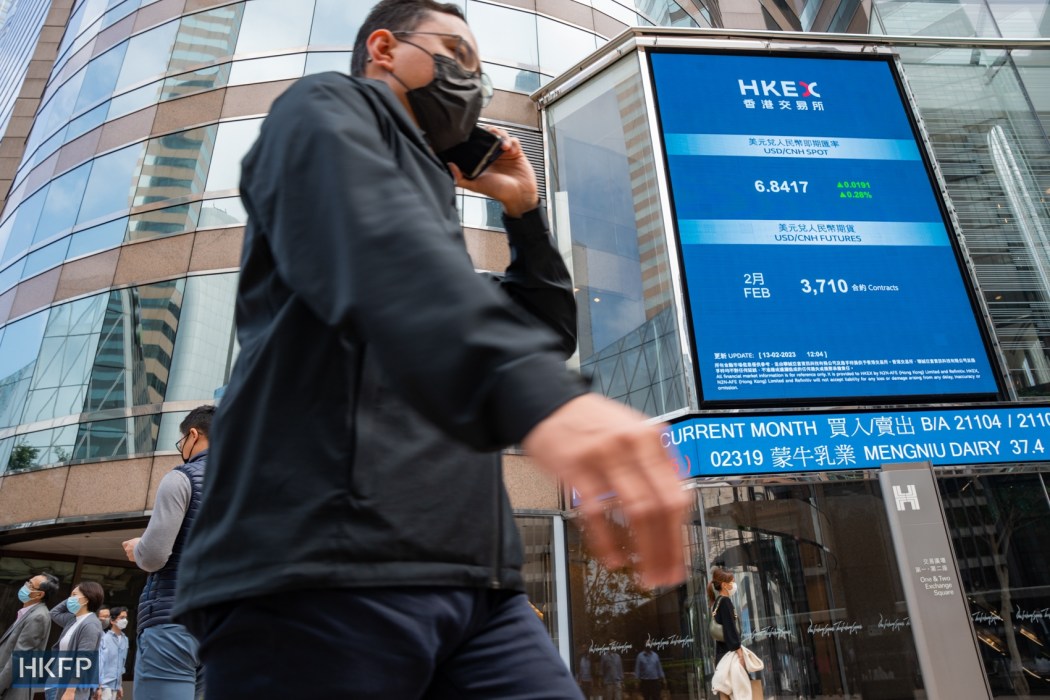More mainland Chinese companies are expected to list on Hong Kong’s stock exchange amid geopolitical tensions making it harder to list in the US, finance minister Paul Chan has said.

Chan said at a press conference on Thursday that mainland Chinese companies “would naturally want to come to Hong Kong for listing, because by coming to Hong Kong, they can access both international and Mainland capital.”
“This is a very interesting value proposition to them, and has been demonstrated by the figures so far this year,” Chan said, adding that there are over 200 companies waiting to be listed.
In May, a Chinese company that Washington has alleged works with China’s military made its debut on Hong Kong’s stock market. Contemporary Amperex Technology Limited, a mainland battery giant, raised HK$35.7 billion in the world’s largest initial public offering of the year.
See also: Hong Kong to regain IPO crown this year, say accountancy giants PwC and Deloitte
Chan’s comments came as the government issued a report on Thursday titled “Unique Strengths under ‘One Country, Two Systems.’” The report intends to lay out the city’s developments in a “concise” way accessible to the international community, Chan said. The last report of its kind was published in September 2021.
“Given the geopolitical landscape, there has been some misperception about the situation of Hong Kong in the western world. We are trying very hard to reach out to the international community, to explain to them what is really happening here in Hong Kong by sharing facts and data,” Chan said.
The city’s two national security laws – one imposed by Beijing in 2020 and the other passed locally last year – have made Hong Kong a “safe harbour for attracting international capital and investment,” a statement read.
Inflows, growth
Chan also said the city is expected to surpass Switzerland in cross-border wealth management by 2028, pointing to capital flows from Middle East and ASEAN countries in the asset and wealth management sector, as well as from Greater Bay Area residents looking to park their assets offshore.


According to the World Investment Report 2025 released by UN Trade and Development, Hong Kong’s foreign direct investment inflow amounted to US$126 billion last year, making it the third-largest investment recipient in the world.
But despite an increase in investment and capital inflows, it would still be “prudent” to maintain a Gross Domestic Product growth forecast between 2 to 3 per cent, given the uncertainty and volatility under the current geopolitical landscape, Chan said.
Chan also acknowledged that the city’s struggling retail and catering sectors were “under pressure,” having seen several closures of well-known companies over the past months.
He said that the government was making efforts to hold more “mega events” and attract more tourists to the city.
“Can our tourism, sports and cultural facilities be made more attractive to tourists coming to Hong Kong? Can there be more activities for tourists to stay longer? If more people stay, more spending will be done here. This is the direction that we are working on.”
Support HKFP | Policies & Ethics | Error/typo? | Contact Us | Newsletter | Transparency & Annual Report | Apps
Safeguard press freedom; keep HKFP free for all readers by supporting our team













